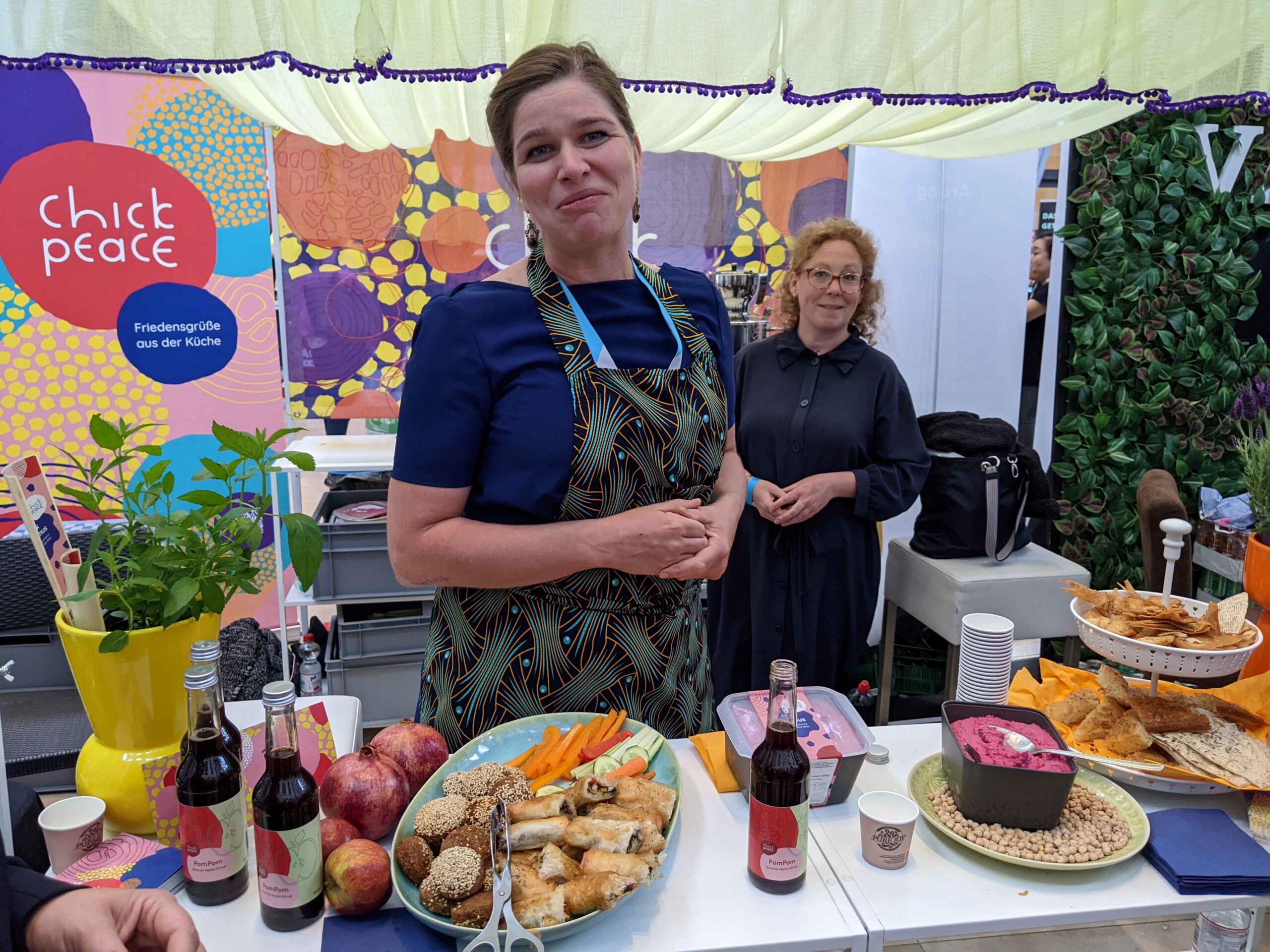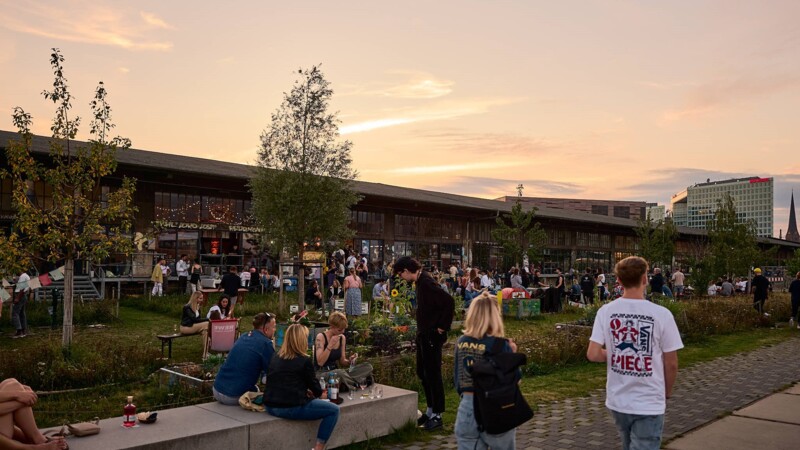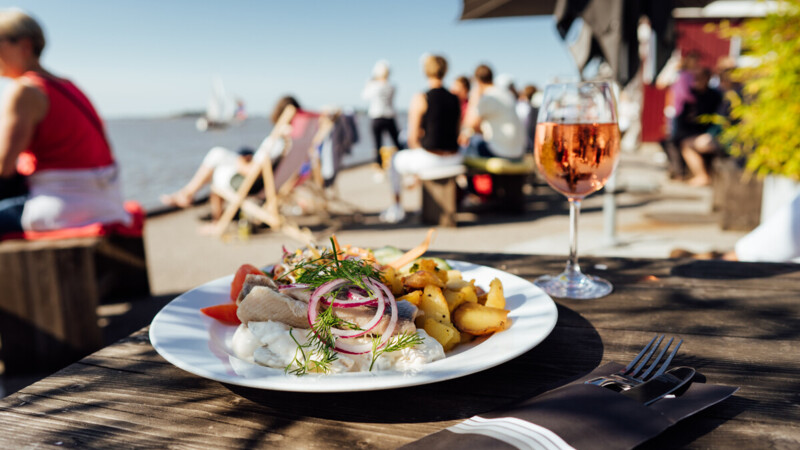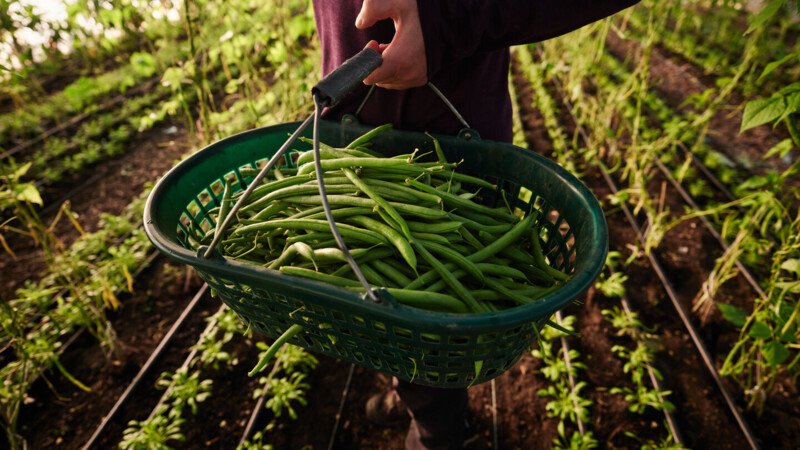The 2021 Youth Report identified a trend towards a low meat diet in the 15 to 29 age group driven by a critical attitude towards the meat industry and an increased concern for the environment. However, the trend appears to be reversing. A year later, most children and youths aged between six to 19 who took part in a Statista survey said they enjoyed eating meat and do not intend to lower their meat consumption in future. Yet, this delay is dangerous, according to nutritionist Dr Matthias Riedl. Speaking during the 6th Food Innovation Camp (FIC) in the Chamber of Commerce on June 17, 2024, he stressed: "Young people are growing up ill." Such a lifestyle has drastic consequences, warned Riedl, who is also the medical director of Medicum Hamburg. Malnutrition wreaks havoc on the health system, threatens the economy and leads to an increased risk of death.
Do you like fizzy drinks? Go for it, but avoid nolo at all costs! Alcohol-free or low-alcohol drinks are on the rise. Non-alcoholic drinks are all the rage, according to food wholesaler Chefs Culinar. Mocktails or delicious cocktails that “imitate” alcohol are becoming increasingly popular, and in May the first alcohol-free music festival, Sober Sensation, was held at the Foodlab in HafenCity. Worryingly, young people are drinking less alcohol but eating more meat, according to a study by the German Centre for Health Education (BZgA).
Malnutrition - a threat to the economy

Food connects people
The German Ministry of Food and Agriculture's website says: "An unhealthy diet is associated with 14 per cent of all deaths in Germany." Unsurprisingly, the German government adopted the "Good Food for Germany" strategy in January focusing on children and young people. The approach is similar to the Planetary Health Diet, which international scientists unveiled in 2019 as well as a menu to solve global problems from obesity and diabetes to climate change. "Saving the planet with great food…it doesn't get any better than this," said Antje de Vries during FIC. A passionate chef and an expert in plant-based cuisine, de Vries believes food brings people together and is committed to Chickpeace. Refugee women e.g., Syria and Afghanistan offer specialities from their home countries through the Hamburg-based catering service. This successful business model aims to ease integration in their new country and their efforts yielded an FIC Food Award in 2023.

New gastro accelerator
De Vries is one of the judges at Foodlab Hamburg, which is launching a new gastronomy accelerator in autumn. Food start-ups have until the end of August to apply for the six-month scheme. "Hamburg is the perfect testing ground for innovation," said Christin Siegemund, the founder of Foodlab, during FIC. The large number of established companies and innovative start-ups based in the city form the basis of mutually beneficial contacts and partnerships. To support this networking and to raise Hamburg's international visibility, the new Food Cluster will enter its official founding phase in autumn backed by the City of Hamburg, Foodactive e.V. and Süderelbe AG. Delegates at FIC all agreed: "Food is indeed the next big thing.”
ys/sb/pb
Sources and further information
More
Similar articles

Hamburg gearing up for "Open Mouth" in September

Hamburg now a launching pad for new food start-ups

Foodregio Startup Lab points to three trends in food industry
